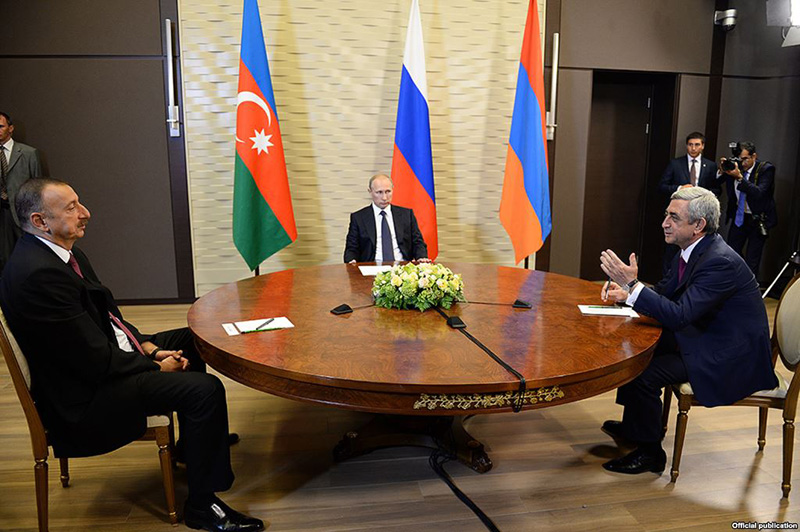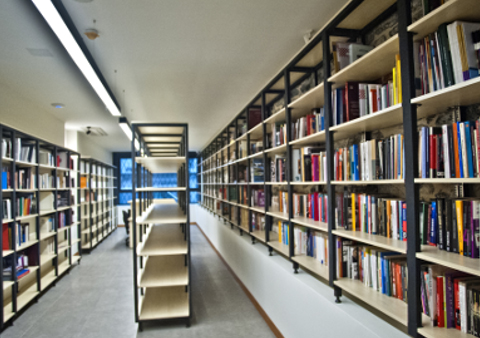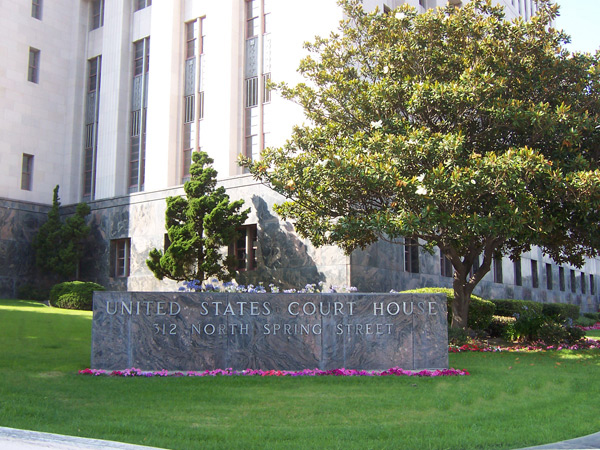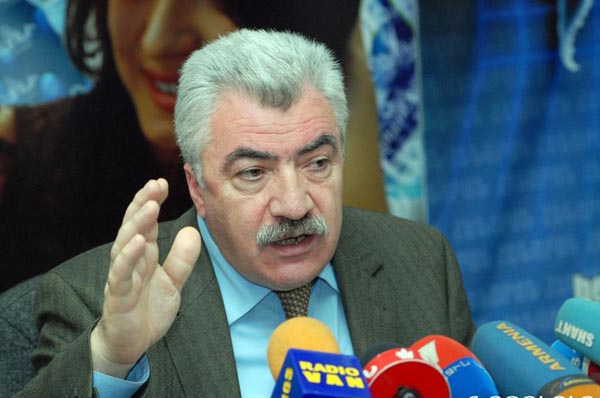SOCHI (RFE/RL) — The presidents of Armenia and Azerbaijan called for a peaceful resolution of the Nagorno-Karabakh conflict on Sunday as they met for talks hosted by their Russian counterpart Vladimir Putin following an upsurge in deadly fighting between Armenian and Azerbaijani forces.
Putin welcomed these statements and stressed the importance of an Armenian-Azerbaijani peace deal.
“Russia, as our close friend, partner and neighbor, certainly plays a special role in the settlement process,” Azerbaijan’s President Ilham Aliyev said at the start of the trilateral meeting held in the Russian Black Sea city of Sochi.
“We hope that very soon we will find — by means of negotiations, by peaceful means — a solution that would correspond to both the norms and principles of international law and justice,” he added.
The remarks contrasted with a series of belligerent tweets that were posted by Aliyev on Thursday. “The war is not over. Only the first stage of it is. But the second stage may start too,” he wrote in one of them.
President Serzh Sarkisian, for his part, said at the Sochi meeting, “We believe that the conflict can and must be resolved on the basis of a compromise and the principles that have been proposed to us by the [U.S., Russian and French] co-chairs of the [OSCE] Minsk Group.”
As well as calling for peace, the Armenian and Azerbaijani presidents traded barbs in their opening remarks made in front of TV cameras. Aliyev accused the Armenian side of failing to comply with 1993 UN Security Council resolutions that demanded Armenian withdrawal from Azerbaijani districts surrounding Nagorno-Karabakh.
“I have a rhetorical question to Mr. Aliyev: which points of those resolutions have been fulfilled by Azerbaijan?” shot back Sarkisian. “If we again blame each other then I think the conflict will remain unresolved for much longer,” he warned.
Nevertheless, Putin seemed encouraged by Aliyev’s and Sarkisian’s stated readiness for compromise. “I am pleased to conclude that the president of Azerbaijan noted the need for a peaceful solution to the problem and that you’ve just said the same,” he told Sarkisian. “This is the main thing because there is no bigger tragedy than that the death of people.”
“We have to demonstrate tolerance, wisdom and respect for each other in order to find that solution,” Putin went on. Both the Armenian and Azerbaijani peoples have the “good will” to end their long-running dispute, he said.
The talks continued behind the closed doors. The three leaders did not issue joint statements or talk to journalists afterwards.
The Itar-Tass news agency quoted Russian Foreign Minister Sergey Lavrov as saying after the summit that the conflicting parties have yet to overcome the main sticking points hampering a Karabakh settlement. Still, Lavrov said, Aliyev and Sarkisian “reaffirmed their commitment” to peace.
Putin held separate meetings with Aliyev and Sarkisian on Saturday. No details of those meetings were made public. The Azerbaijani and Armenian leaders came face to face later on Saturday when they watched, together with Putin, a martial art tournament in Sochi.
The Russian president initiated the first Armenian-Azerbaijani summit in nine months in an apparent bid to defuse tensions along “the line of contact” around Karabakh and the Armenian-Azerbaijani border, which rose dramatically on July 31. At least 16 Azerbaijani and 7 Armenian soldiers have died in ceasefire violations reported since then.
Sarkisian accused Baku of “deliberate escalation” of the situation in the conflict zone at the start of his separate meeting with Putin on Saturday. Aliyev blamed the Armenians for the upsurge in fighting in his earlier statements.
The Sochi talks took place in the absence of the U.S., French and Russian diplomats co-chairing the Minsk Group, who had for months been trying to get Aliyev and Sarkisian to meet again and revive the peace process. This fact has fuelled speculation that Russia keen to sideline the two other mediating powers — the United States and France — due to its deepening standoff with the West over Ukraine.
Putin stressed on Sunday, however, that Moscow respects all existing “international formats” for Karabakh conflict mediation and “will continue to work together with our colleagues.” He said he has taken the initiative only because of Russia’s “special and particularly close relations” with both Armenia and Azerbaijan.
James Warlick, the Minsk Group’s U.S. co-chair, welcomed Putin’s initiative on Thursday.










